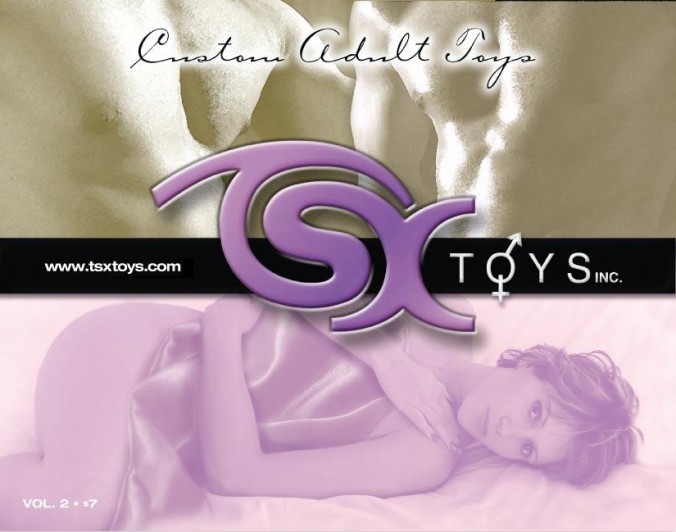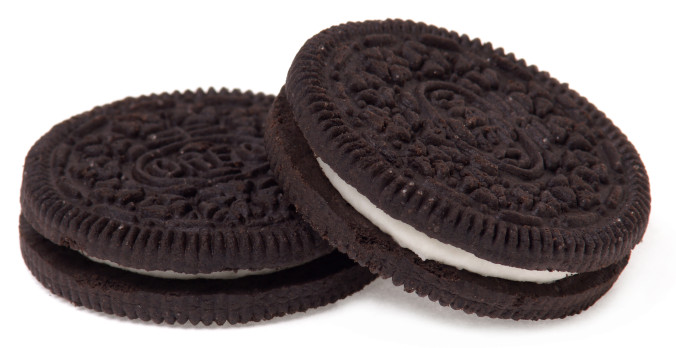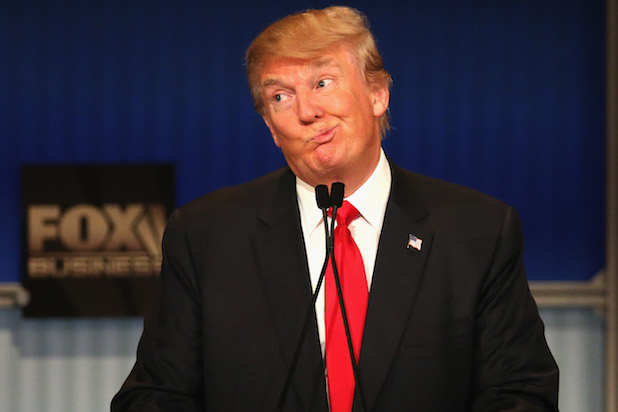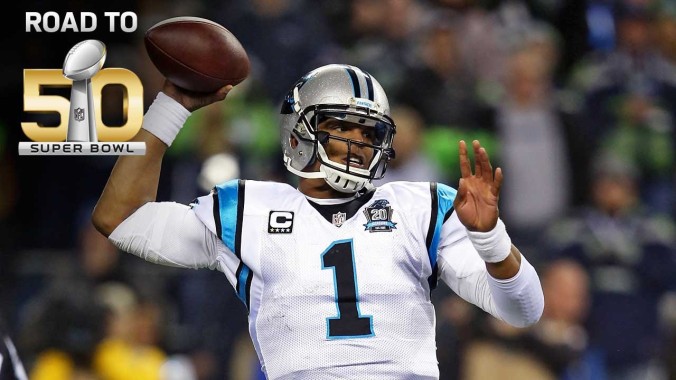Copyrights are seemingly everywhere. From music to movies to television to paintings and sculptures. Copyright issues are also ever-present when it comes to internet content, books and scholastic articles. Most anything that is an original expression that is fixed in a tangible medium of expression can be covered by the scope of 17 U.S.C. § 101 et seq. (the U.S. Copyright Act).
The hurdle for copyright qualification is low, though there are exceptions, and certain things are never subject to copyright protection. For example, government works are not copyrighted pursuant to 17 U.S.C. § 105.[1] Additionally, you cannot copyright simple words or phrases – as this is instead the subject of trademark law. We have also previously discussed (in the context of Halloween costumes) the fact that you cannot acquire a copyright on what is considered a “useful article” or that which is “an object having an intrinsic utilitarian function that is not merely to portray the appearance of the article or to convey information” as defined by 17 U.S.C. § 101.
Which brings us to the topic du jour: what about sex toys? Are sex toys “useful articles” that are not subject to copyright protection?




Recent Comments